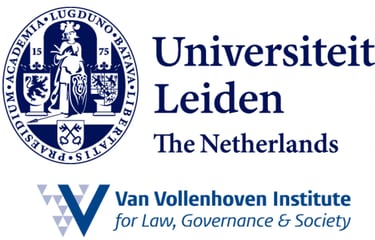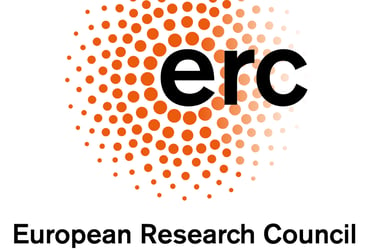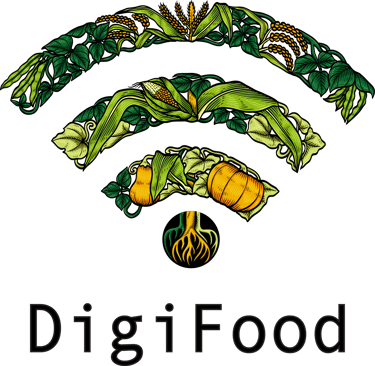Empowering Data Governance for Food Systems
DigiFood is an academic project studying how data is used in agriculture across Kenya, India, and Colombia. It promotes fair and inclusive governance to ensure digital food systems respect human rights and support sustainable livelihoods.
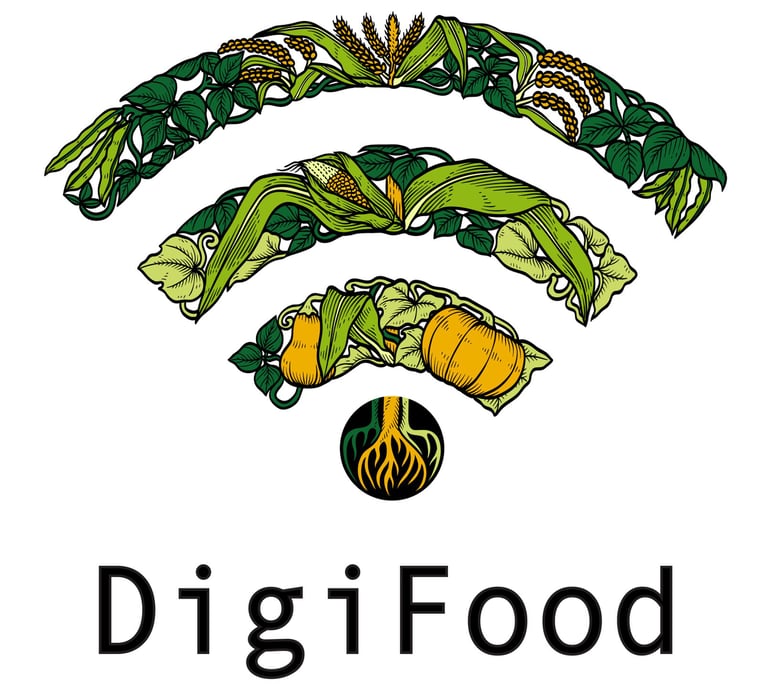

About DigiFood
A transnational research project on emerging data governance practices.
Across the world, digitalization has been heralded as the start of a new "agricultural revolution." Data collected from digital sensors implanted into soil, satellites, and mobile phones offer the possibility of gathering unprecedented amounts of data. Combined with predictive analytics of artificial intelligence, this data promises critical insights for governments, food producers, and the private sector to address the challenges of food insecurity and climate change.
Yet with these new flows of data also come risks. Unequal capacity to collect and extract value from data can exacerbate structural power asymmetries in food systems, with important implications for human rights. To mitigate these risks, it is essential to establish robust data governance, itself no easy task. Agricultural data defy the legal categories that have guided data protection in other sectors. Moreover, most models of agricultural data governance have been developed in the Global North and may not be fit for the Global South, where smallholders make up the majority of food producers.
This project, Data Governance for Equitable and Sustainable Digital Food Systems (DigiFood), examines these emerging networks and practices of agricultural data governance through a transnational, comparative, and cross-national study of three countries leading agricultural digitalization and governance in the Global South—Kenya, India, and Colombia.
The project breaks new ground by developing an innovative socio-legal and ethnographic approach for analyzing the technical, legal, and cultural dimensions of data governance. It will offer empirical insights into the impact of digitalization on agrarian relations, shedding light on struggles over power and authority within the context of the digital agricultural revolution. By doing so, it aims to make a substantial contribution to the normative evolution of governance standards to enable equitable and sustainable digitization of agriculture and food systems.
Our Approach
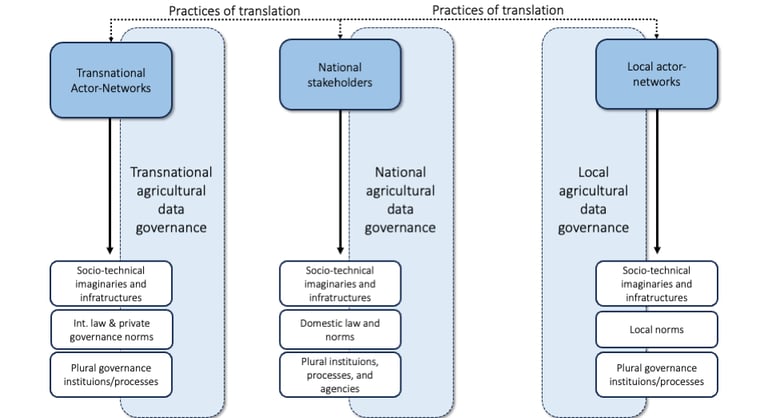

DigiFood investigates how agricultural data is governed across borders, focusing on its role in shaping food security and nutrition in the Global South. Using a transnational legal approach, it explores how international norms, national policies, and local practices interact to influence who controls data, how it is used, and for whose benefit.
The research centers on three key questions:
What global legal and policy frameworks are emerging around data for food systems?
How are governments in the Global South interpreting and implementing these frameworks?
How are small-scale farmers and civil society actors engaging with data to support their livelihoods and autonomy?
By combining legal, political, and socio-technical perspectives, the project develops a new framework for understanding data governance in agriculture—grounded in empirical research and focused on justice, inclusion, and sustainability.
DigiFood
DigiFood is hosted at the Van Vollenhoven Institute at Leiden Law School and is funded by the European Research Council Consolidator Grant
Subscribe for updates!
© 2025. All rights reserved.
